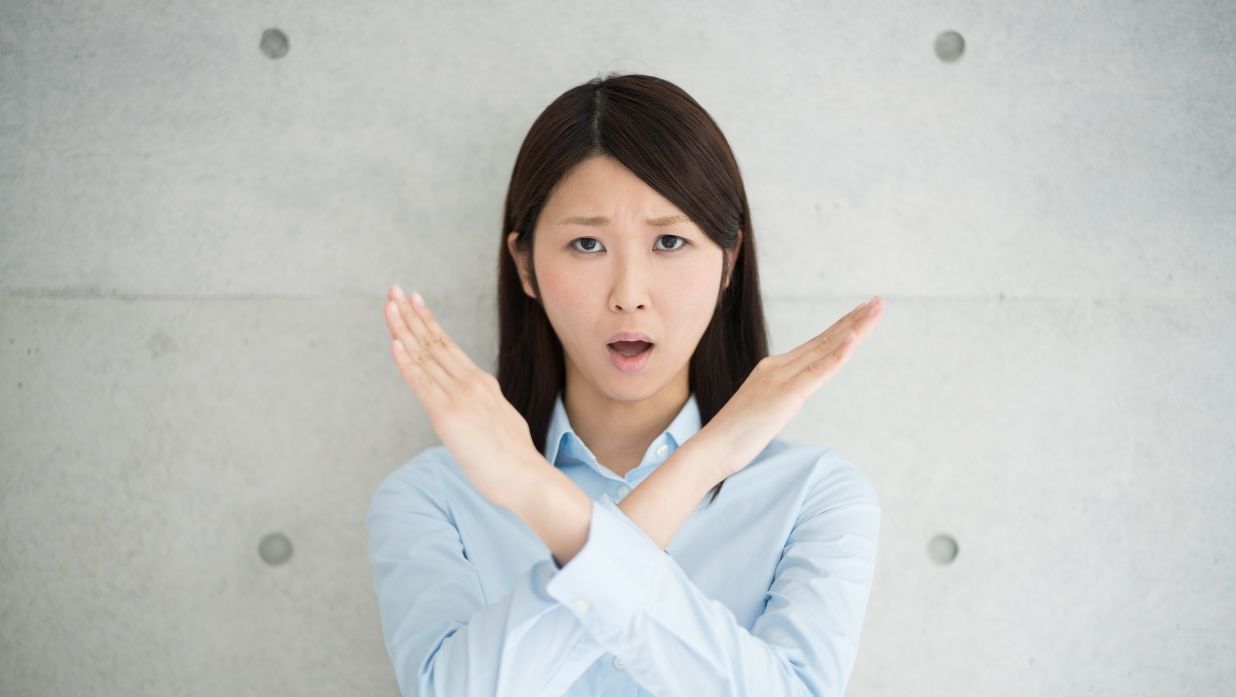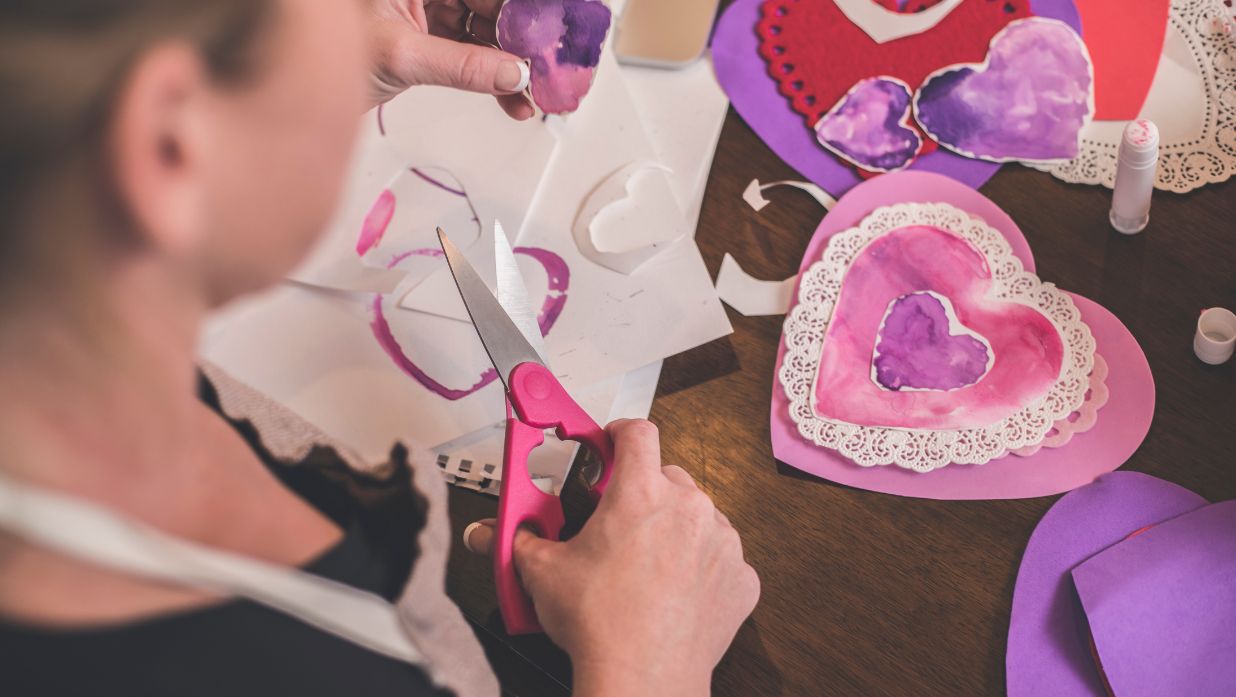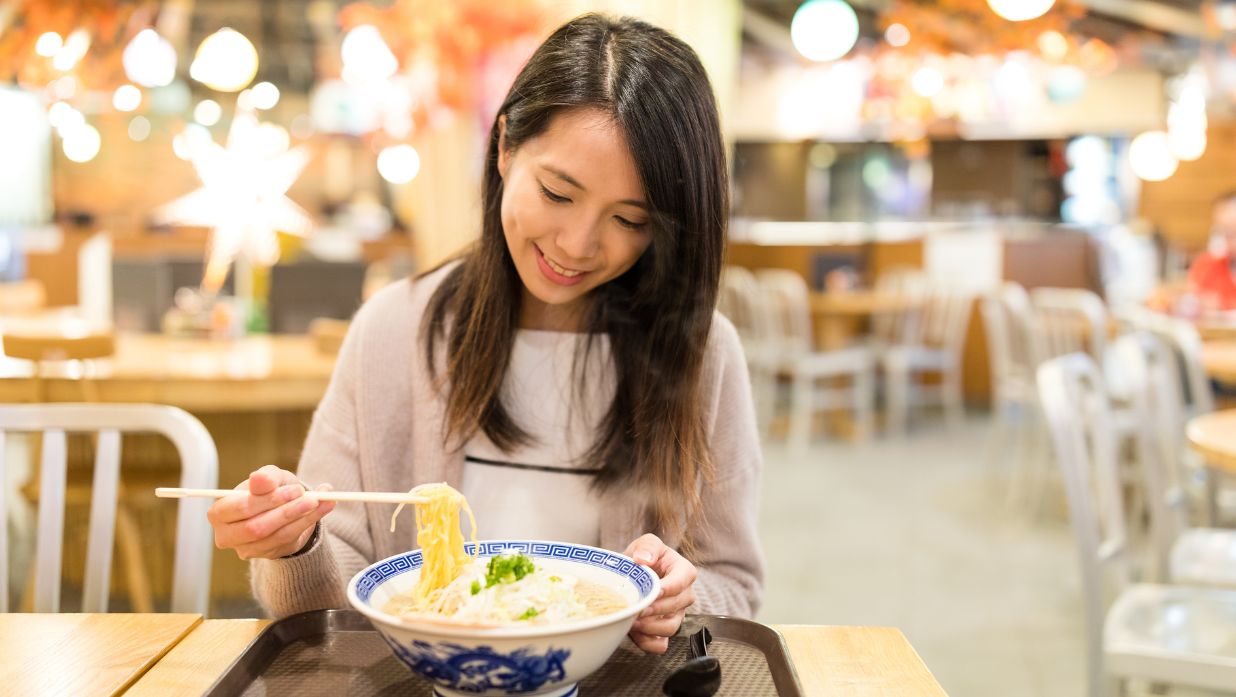Japanese Numbers: How to Count & Read Numbers in Japanese
How to count Japanese numerics on a base-ten system up to 100 million, write Japanese kanji for numbers and say Japanese counters.

How to count Japanese numerics on a base-ten system up to 100 million, write Japanese kanji for numbers and say Japanese counters.

Saying ‘no’ in Japan is a tricky subject. The Japanese will rarely give a direct no to an answer, preferring instead to give an indirect answer that conveys the message of no.

How do you say “I love you” in Japanese while hitting all the right nuances and intentions? In Japanese, romantic is often viewed through two distinct lenses: 恋 (koi) and 愛 (ai). 恋 (koi) refers to romantic love or the initial spark of attraction. Interestingly, Japanese uses the same figure of speech as English when […]

If you’ve ever dined at a Japanese restaurant, you’ve likely seen people press their palms together and say “Itadakimasu” before eating and “Gochisousama deshita” afterward. In English, these are usually translated as “Let’s eat” and “Thank you for the meal.” But while they function like “saying grace,” the meaning goes much deeper than simple manners. […]

If you work in Japan, chances are you have been invited to and participated in a bonenkai (忘年会)? They are Japan’s high-spirited parties, usually held at bars or izakayas with plenty of drinks, to celebrate the end of the year in Japan. Instead of a family-focused event, it is often the time to celebrate with […]

Did you know Japanese people have a tradition not to cook on the first few days of January? Instead, they prepae and eat ‘osechi ryori’ in December.

The phrases, ittekimasu, itterasshai, tadaima, okaerinasai symbolize so well Japanese spirit that once you grasp the nuance of their meaning you will have a deeper understanding of Japanese culture.

If you’re planning on visiting Japan, you should make the trip twice! Once in the spring to experience the cherry blossoms, and again in autumn to witness the beautiful sight of the tree leaves turning red (momiji)! While cherry blossoms symbolize new life and fresh beginnings, momiji, written as 紅葉, marks the start of the […]
